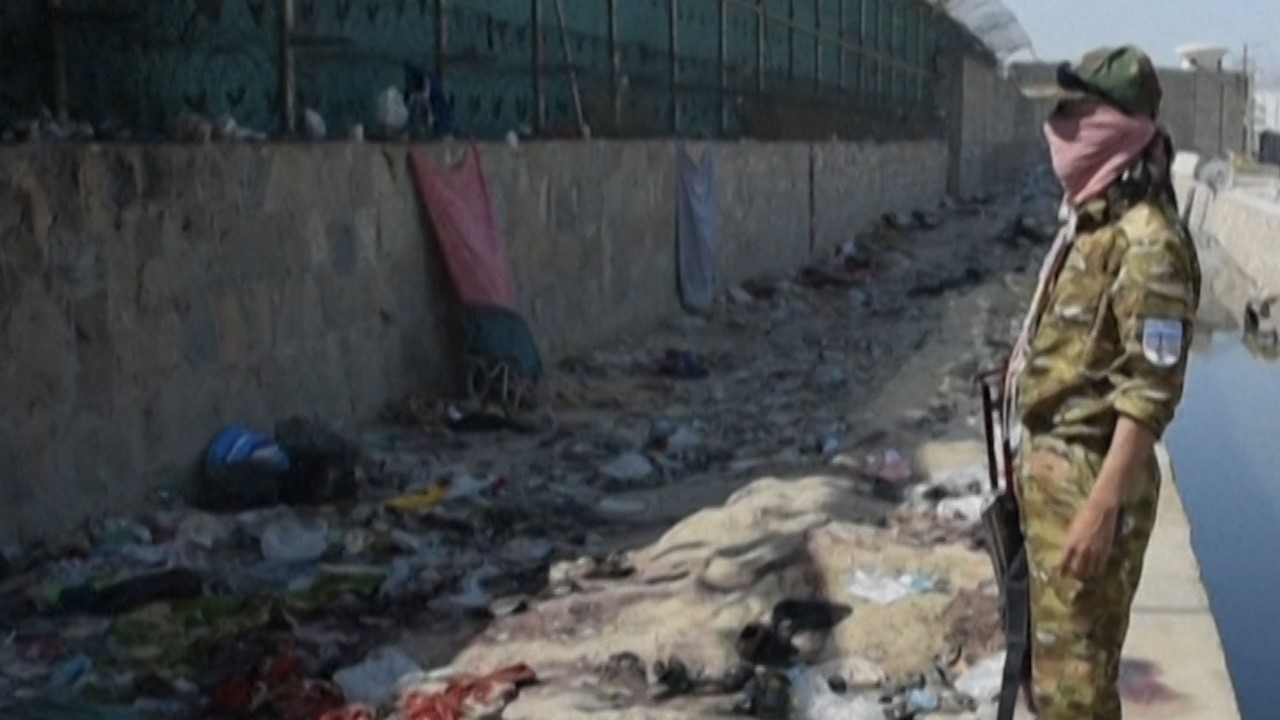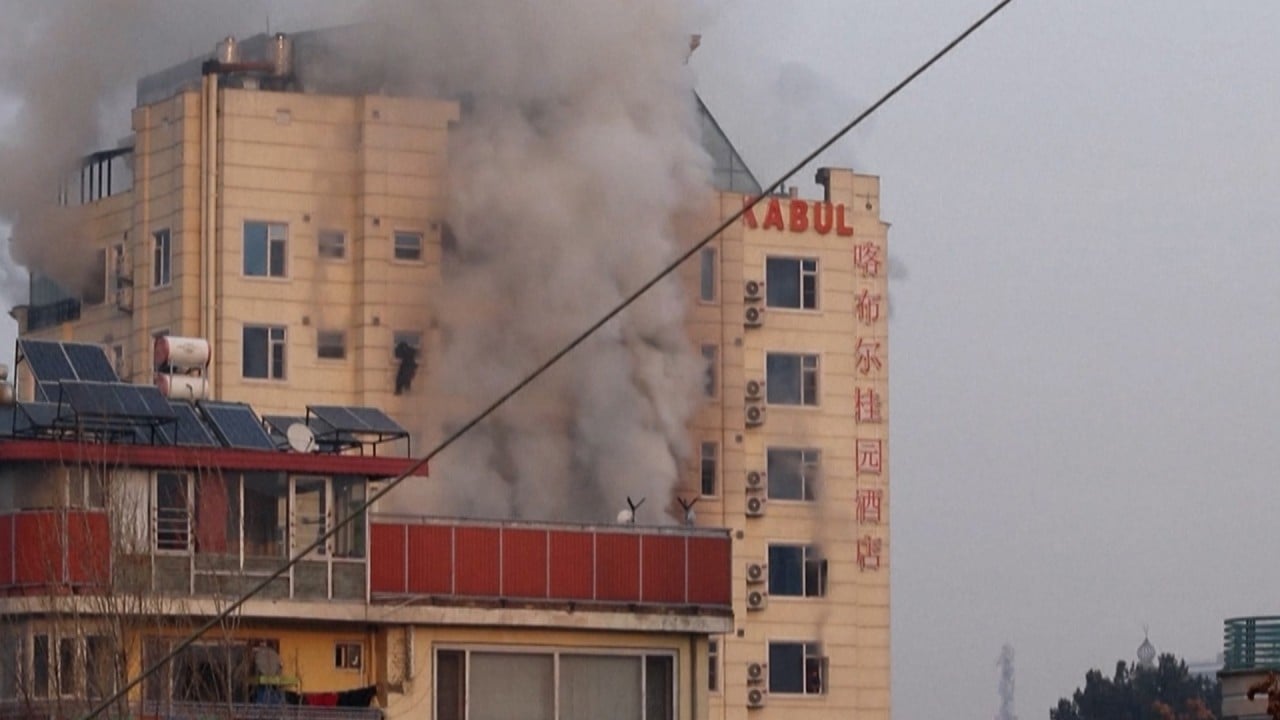
Taliban’s failures have left Afghanistan in the grip of terrorism again
- Rise of groups such as Isis-K and al-Qaeda mean Afghans live in fear, while neighbouring states, particularly China, are concerned about the threat to their investments in the country and the possibility of a spillover of terrorist activity
This comes as the United Nations Assistance Mission in Afghanistan (UNAMA) released a report last week revealing the number of civilians killed in terrorist attacks since the Taliban takeover on August 15, 2021.
According to UNAMA, 1,095 civilians were killed, including 287 children, and 2,679 wounded between the 2021 Taliban takeover and May 30 this year. Most of these casualties were a result of improvised explosive devices (IEDs) in dense, populated areas such as markets, mosques and schools.
While the civilian casualty rate is a significant drop from the 8,820 recorded in 2020, it reflects a changing security dynamic. Previously, Afghans were killed in the Taliban insurgency or by the forces of the former Afghan national security or their Western allies. Now, they are being attacked by terrorist groups in urban centres such as Kabul.
The UN report highlights “not only the ongoing civilian harm resulting from such attacks, but an increase in the lethality of suicide attacks since August 15, 2021, with a smaller number of attacks causing a greater number of civilian casualties”.
The Taliban has rejected these accusations. Chief spokesman Zabihullah Mujahid claimed that the government “has complete control over the situation and will not allow any group or entity to destabilise Afghanistan”. In February, the Taliban said its security forces had killed two key Islamic State commanders, brandishing this as proof it was taking counterterrorism seriously.
But events on the ground say otherwise. Two terrorist groups in particular have flourished since the Taliban took power.
While the Taliban is also a Sunni movement, it considers Isis-K an enemy with a differing ideology. Isis-K uses terrorist attacks to gain control of parts of Afghanistan and put pressure on the Taliban.
The Taliban’s relationship with al-Qaeda, however, is different. Last year, the United Nations reported that the relationship between the two “remains close” and that “al-Qaeda has a safe haven under the Taliban and increased freedom of action”.
The Taliban even appointed al-Qaeda leader Qari Baryal as first the governor of Kabul province, then the governor of Kapisa province. Baryal has been accused of organising and carrying out bombings throughout Afghanistan.
Clearly, the Taliban is either incapable or unwilling to tackle terrorism. And the international community seems to agree.
Taliban intransigence means Afghanistan remains a headache for China, Russia
In June, Vladimir Voronkov, UN under secretary general for counterterrorism, said the Taliban was “unable or unwilling to curb the terrorist threat”.
US President Joe Biden and Indian Prime Minister Narendra Modi also used a joint statement recently to call on the Taliban to abide by UN Security Council Resolution 2593, which demands that Afghan territory should never be used to shelter and train terrorists or finance terrorist attacks.
Isis-K has also threatened China’s business interests in Afghanistan. In September last year, the group, in its Voice of Khorasan magazine, warned Beijing against investing in Afghanistan’s natural resources, which could trigger conflict.
For these reasons, China is putting pressure on the Taliban to deal with the problem.
After all, the refusal to evict al-Qaeda and its leader Osama bin Laden led to the Taliban’s ousting in 2001. While it is unlikely to be toppled soon, failing to address the problem could have serious consequences.
Chris Fitzgerald is a freelance journalist and project coordinator for the Platform for Peace and Humanity’s Central Asia Programme




